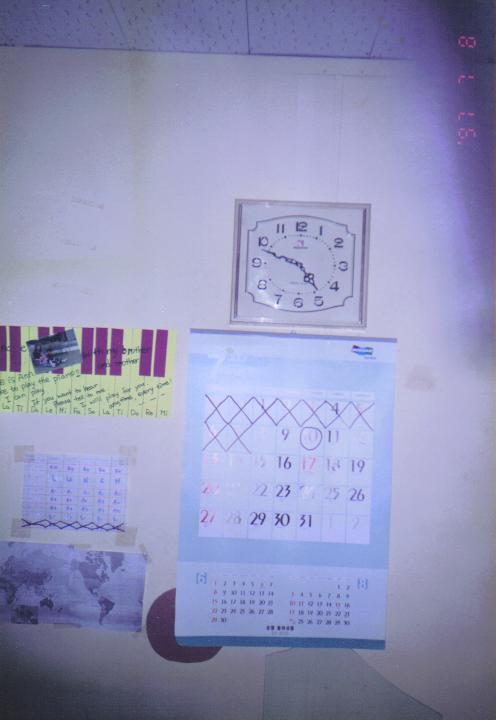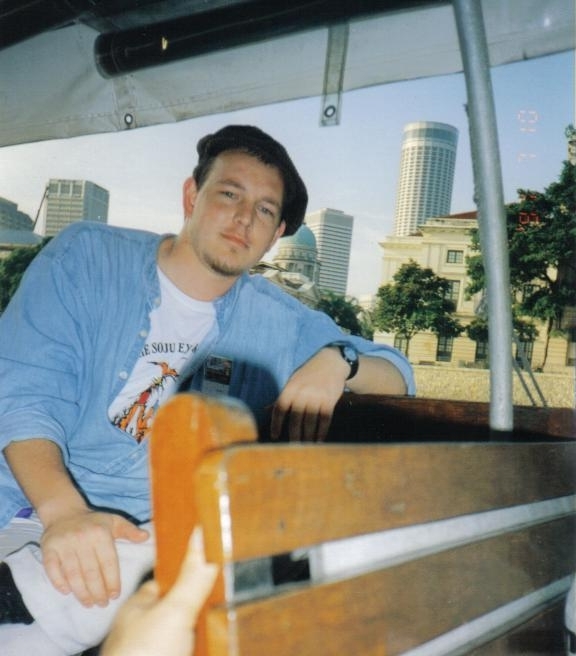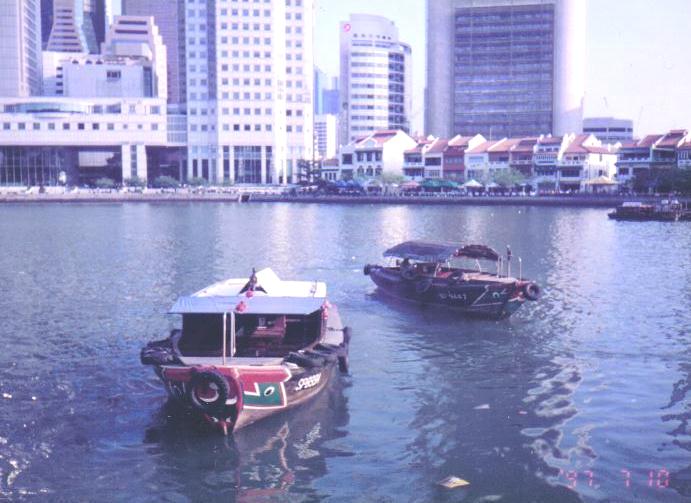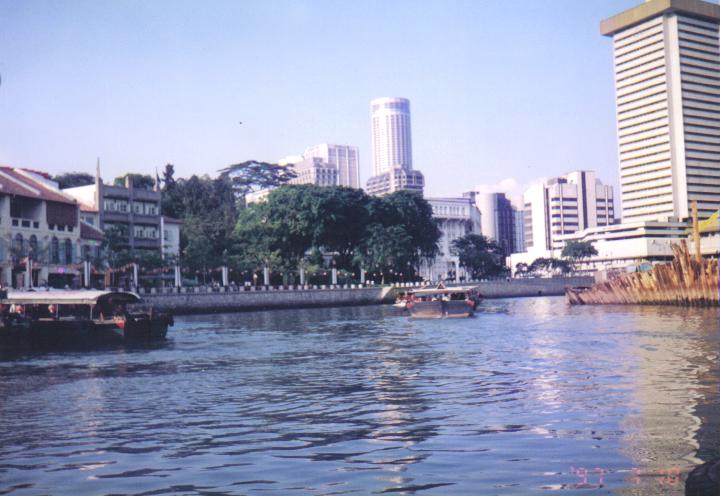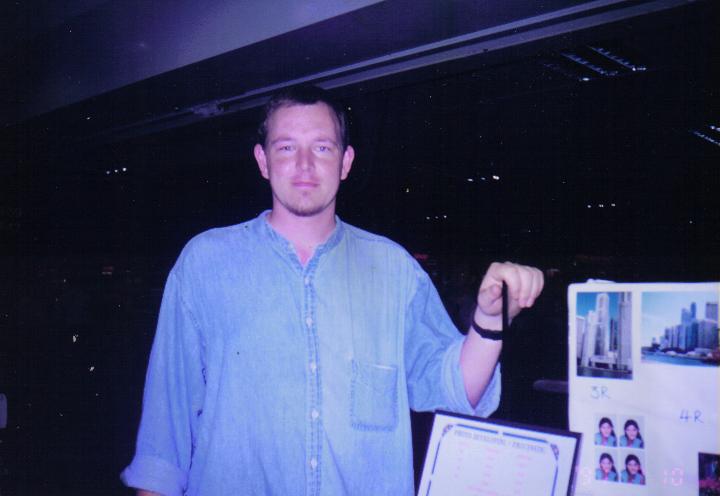Tuesday, 4 November 1997
Being an English teacher has its disadvantages, but considering that you can live in any of more than 25 countries, and do a job that can be quite satisfactory, you can’t but think of it as a decent career opportunity.
I’m not saying I’m looking at the long-term at the moment, but as regards career opportunities open to me – taking into account my qualifications and experience, I’d have to say I’m seriously considering it. It will enable me to earn money, travel, and learn new skills, and it will keep me out of a place called middle-class suburbia.
* * *
I have eight months left on my contract before I go back to South Africa. Instead of thinking of another eight, long months … I’m starting to think about the fact that for another eight months I’ll still have a job, I’ll still be earning money, and I’ll have a place to stay. When I’m back in South Africa, at least for the first few weeks I’ll be unemployed, I won’t make any money, and I won’t have a place of my own.
It’s like a chasm eight months into the future. I can close my ears, close my eyes, and just start running – and hope time passes quickly, just to eventually realise that I don’t know how to cross the chasm; that I’m staring straight down a steep cliff.
The alternative is to start gathering material to build a bridge when I reach the gap – so it won’t be an anti-climax. It’s also important that I have to be ready for the “other side”. Preparation includes things like savings, language proficiency, early planning for academic courses, and so on.
The fact is that these eight months are going to pass, and it is up to nobody but myself what things will look like when I look back. Will I see wasted chances, and look ahead and realise I’m in trouble? Or will I be waiting at the airport in Singapore before flying to South Africa, feeling good about myself, thinking about everything I will have done over the previous eight months, and confidently expecting to cross the chasm?
It all depends on myself – right now. I have, hopefully, another eight months to prepare.
* * *
To achieve my goals, I need to change my lifestyle. Now, some time ago, I had this idea of a transformation, to do things in a radically different way. Since then, I’ve become aware of the risk of such idealistic ideas – the bubble can burst, or you can simply get bored with it (because it’s not really you), and then you’re back at the start.
I should instead look at areas where I can use my current lifestyle, current methods of doing things, and current preferences to get more done. For example, it’s better for me to work longer into the night than to get up early in the morning.
Simply put, I need to spend more hours each day working on my goals. I’ll have to discipline myself to not just sit around, and to keep myself busy as productively as possible.
Ultimately, it’s all part of a chain reaction – if you do something productive in the morning, the table is set and the ice is broken to be productive for the rest of the day. (Of course, it also works the other way around.) The more you do, the better you feel about yourself, and the better you feel about yourself, the more you do (and vice versa).
Fact is, it is in my own hands today whether I will leave here in eight months’ time as someone confused and uncertain about his future, or as someone with a plan.
______________________
